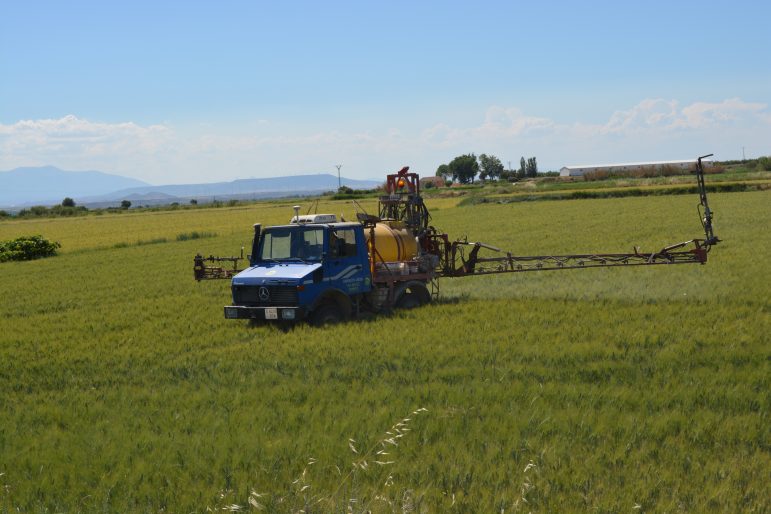
Children in California’s main agricultural region Central Valley were compared to their mothers’ exposure to chlorpyrifos and other pesticides. 2961 of the children had a diagnosis of autism spectrum disorder (ASD) including autism and Asperger syndrome, 445 of them had known intellectual disabilities and were recorded as mentally retarded.
Ten times as many children without such diagnosis were also included in the study. The mothers’ exposure to chlorpyrifos and other pesticides was assessed.
Findings in the study suggest that a child’s risk of ASD increases if the mother’s residence during pregnancy was within 2000 meters of fields sprayed with chlorpyrifos.
”From a public health and preventive medicine perspective, our findings support the need to avoid prenatal and infant exposure to pesticides to protect early brain development,” the scientists at the University of California, Los Angeles conclude.
As noted by Philippe Grandjean, professor in environmental medicine in Denmark and the USA, it can always be disputed what causes a disease or damage:
”It could be that some of these mothers were smokers, and some of them had other behaviours of some kind that can have caused the effects. This is always the case. The question is whether we should take children as hostage and continue spraying until we get more studies.”
In the public part of the draft assessment from EU’s food safety agency EFSA, it is stated that chlorpyrifos could be producing adverse effects on the developing nervous system. The opinion of an expert group about the necessity of further toxicological information is deemed necessary, the draft assessment says.